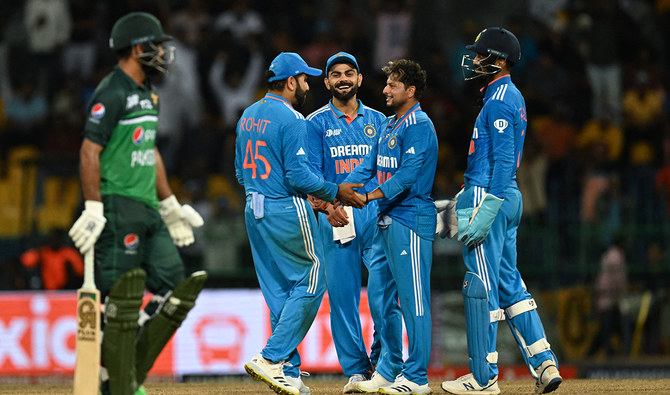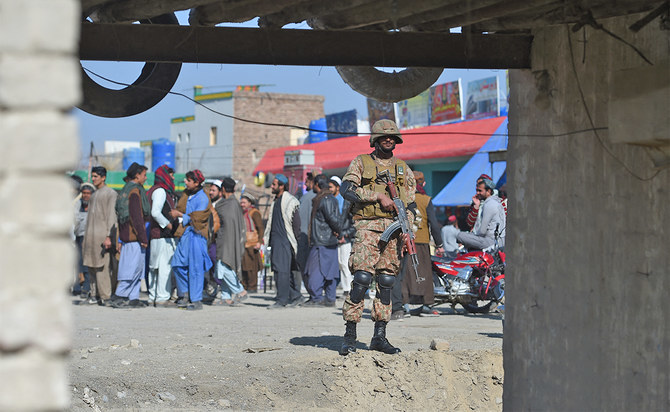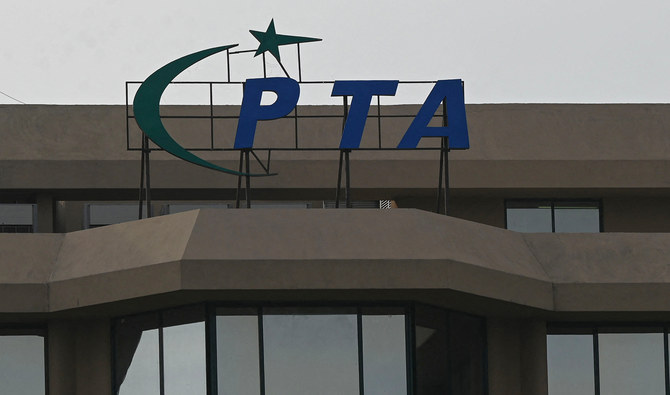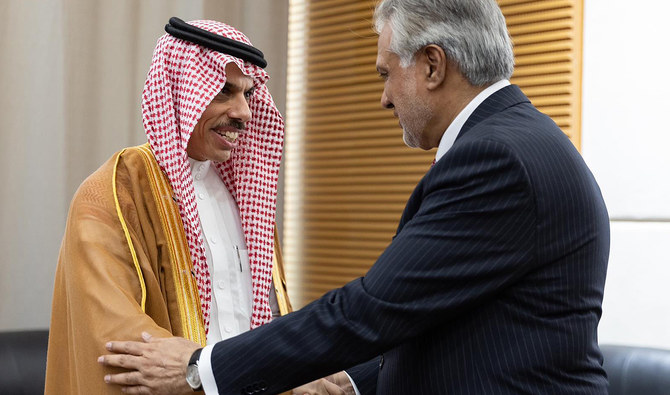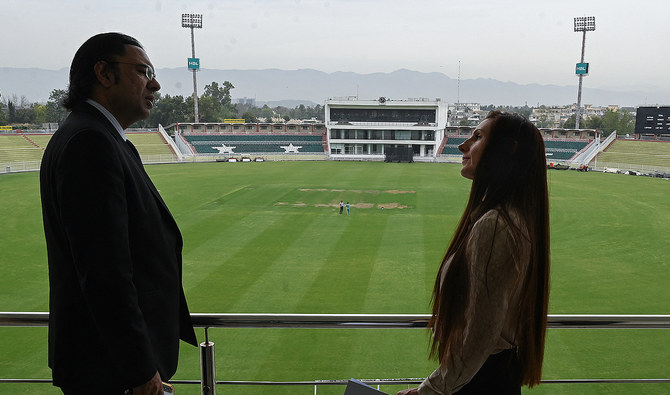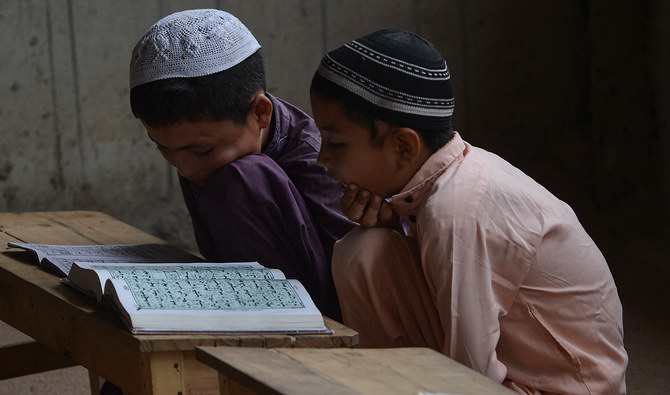KARACHI: It is cricket’s fiercest rivalry, watched by millions, sparking raucous celebrations in victory and wild accusations in defeat, but when India and Pakistan clash at the World Cup, there has been only one winner.
India have defeated Pakistan seven times out of seven at the tournament since they first met in Sydney in 1992, a run that Babar Azam’s side will hope to end in Ahmedabad on Saturday.
Is it luck? Have India benefitted from winning five of the seven tosses? Are Pakistan more susceptible to pressure?
“We played seven games and our neighboring country reminds us every second day about the 7-0,” Pakistan legend Wasim Akram told AFP.
“Frankly speaking, I can’t single out one reason for the losing streak.”
Inzamam-ul-Haq, who ended up on the losing side for Pakistan on four occasions, believes pressure has been a factor.
“Maybe India handled the pressure better than us on the day of the match and winning most of the tosses also gave them an advantage,” said Inzamam.
Even when Pakistan won the toss twice their luck did not change.
They were outdone by Sachin Tendulkar’s brilliance in the chase at Centurion in South Africa in 2003 and by Rohit Sharma at Manchester in 2019 when India were sent in to bat.
The defeat at the 2019 tournament cost Sarfaraz Ahmed the captaincy.
Due to a quirk of the playing format, Pakistan and India never met in the first four World Cups.
Both were favorites to meet in the final when they were co-hosts in 1987, but each fell in the semis.
The first encounter happened in 1992 at Sydney, a low-scoring affair which was remembered more for Pakistan’s Javed Miandad jumping up and down in a bizarre attempt to mimic India wicketkeeper Kiran More.
Pakistan failed to chase a modest 217-run total, losing by 43 runs.
However, that defeat was soon forgotten when Imran Khan’s team staged a remarkable recovery to win their first and only 50-over World Cup title.
Four years later, Pakistan lost again by 39 runs in India’s backyard in Bangalore.
The defeat resulted in a furious reaction back home -- skipper Wasim Akram was even alleged to have feigned injury.
“It was hellish,” recalls Wasim. “No one digested that defeat and we had to return home under tight security and couldn’t go out of our homes for days.”
At the 1999 World Cup, Wasim and his team were subjected to a match-fixing inquiry after they lost by 47 runs to India and slumped to a shock loss to Bangladesh.
They still managed to finish as runners-up.
Despite boasting an intimidating three-pronged pace attack of Wasim, Waqar Younis and Shoaib Akhtar, Pakistan lost their 2003 World Cup encounter by six wickets.
A high-profile semi-final also went to India by 29 runs in Mohali in 2011, a match where respective prime ministers Manmohan Singh of India and Yousuf Raza Gillani of Pakistan watched from the stands.
“To be honest, I don’t know the reason why we always lost,” Shahid Afridi, the skipper in 2011, told AFP.
“We played so well to reach the semi-finals and fell short in Mohali. I also heard some silly things but it was a matter of respect and as captain I told my players to give their best.”
A packed house in Adelaide saw Virat Kohli’s century subdue Pakistan by 76 runs in the 2015 World Cup.
Pakistan once again fell short in 2019, again in Manchester, as they lost by 83 runs in a rain-hit game.
So can it be eighth time lucky for Pakistan when they renew their rivalry in Ahmedabad on Saturday at this World Cup?
“That jinx will be broken one day and this current Pakistan team is capable of doing that,” said Wasim.
“We broke the Twenty20 World Cup jinx after five defeats in 2021 in Dubai, so the 50-over jinx can also go.”



